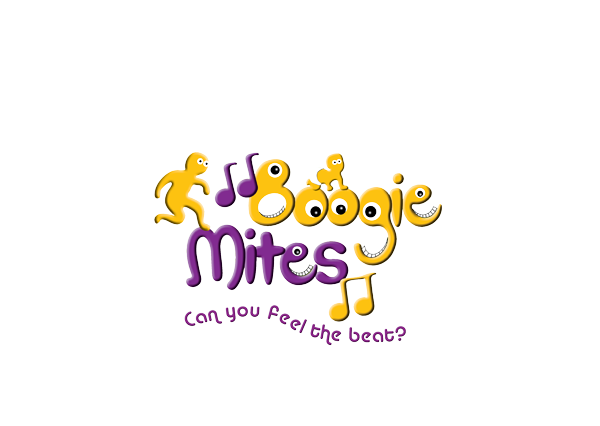
Reading
Music helps children gain phonic knowledge that will contribute to decoding regular words and read them aloud accurately. To recognise rhymes, rhythms and patterns of words. To use expression in storytelling through work with intonation, tempo, dynamics, actions and facial expressions that go with music-making.
Writing
Musical instruments help children develop fine motor skill and manipulation required for writing.








